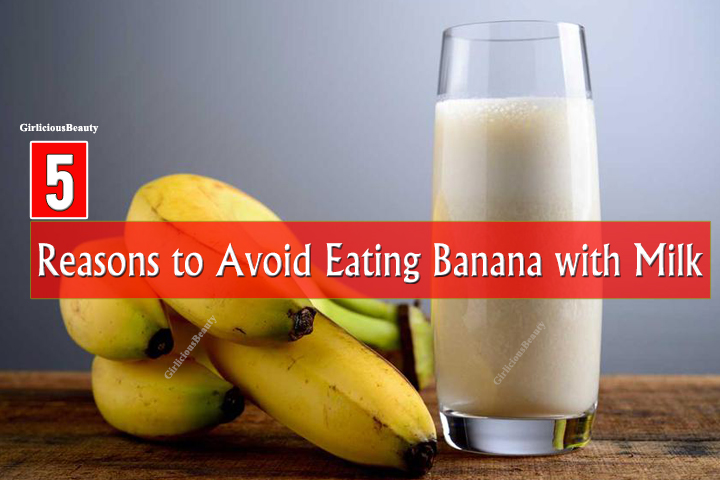Everyone following a keto diet has a different experience, with many finding a noticeable link
between eating a low-carb, high-fat diet and improved mental health.
As the Latin phrase goes, mens sana in corpore sano – a healthy mind in a healthy body.
While research in this field is young and ongoing, there seems to be a positive relationship
between the ketogenic diet and mental health.
Keto diets prioritize healthy fats as the primary macronutrient. With a classic ketogenic diet, up
to 90% of calories are sourced from fats. A healthy and sustainable keto diet consists of 75% fat
with 10% to 30% of calories derived from proteins, and no more than 5% of calories coming
from carbs.
How does shifting from carbs to healthy fats as a source of fuel alter your state of mind, then?
5 Core Mental Health Benefits of a Keto Diet.
Research shows that low-carb diets can help with physical conditions like obesity and type-2
diabetes.
Beyond this, following a keto diet could lead to the following benefits for your mood and stress
levels:
1. Keto can improve mood by refining blood sugar control
2. By balancing GABA and glutamate levels, a keto diet can reduce anxiety levels
3. Eating a keto diet reduces inflammation, minimizing the risk of mental health issues
4. Low-carb diets can improve overall brain health by reducing oxidative stress and
improving blood flow in the brain
5. Keto can stabilize appetite and minimize stress hormones
1) Keto can improve mood by refining blood sugar control
Eating a keto diet helps you optimize blood sugar control.Your blood sugar levels can dramatically impact your mood. This occurs as a result of both very
high and very low blood sugar. If you feel cranky or down if you go too long without eating – a
sentiment known as being hangry – this is indicative of low blood sugar. High blood sugar, by
contrast, is characterized by that hyper sugar high.
The cornerstone of sensible blood sugar management is to maintain blood sugar levels at a
consistent level throughout the day. This helps you avoid those jarring crashes and spikes.
Studies show that streamlining blood sugar control can improve mood and reduce fatigue.
2) By balancing GABA and glutamate levels, a keto diet can reduce anxiety levels
Glutamate is an amino acid that stimulates the brain. GABA (gamma aminobutyric acid) is a
neurotransmitter that relaxes the brain. Eating a keto diet can help keep these levels properly
balanced.
Low GABA levels can trigger anxiety, panic disorders, and insomnia, something potentially
alleviated by following a ketogenic diet. Animal studies show that ketosis can reduce depression
and anxiety.
While there is not a robust body of research on the association between the keto diet and
anxiety, anecdotal evidence suggests cutting carbs could reduce feelings of anxiousness.
3) Eating a keto diet reduces inflammation, minimizing the risk of mental health issues
Eating a diet high in sugar can promote inflammation inside the brain. This type of inflammation
is strongly implicated in many neurological and psychiatric conditions.
Switching to a low-carb diet, by contrast, is proven to reduce markers of inflammation. By
safeguarding your neurons from overheating, you’ll be potentially preventing the onset of a
variety of mental health concerns.
4) Low-carb diets can improve overall brain health by reducing oxidative stress and improving
blood flow in the brain
There are some other important ways in which the keto diet can help boost your overall brain
health, both now and later in life.This study shows that following a ketogenic diet can increase activity and overall levels of UCPs
(uncoupling proteins). This can reduce oxidative stress. Oxidative stress plays a role in all of the
following:
● Depression
● Anxiety
● Brain aging
● Neurodegenerative disease
● Other psychiatric disorders
Eating a keto diet is also known to deliver powerful antioxidant benefits, further strengthening
your body’s defenses against oxidative stress.
Additionally, following a keto diet changes blood flow in your brain. Blood flow is boosted in two
regions of the brain:
1. Hypothalamus: Vital for hormone health.
2. Dorsal thalamus: Key for motor function and processing sensory information.
Not only can eating a keto diet help your brain work more smoothly, but you could also protect
your gray matter from oxidative damage and all that entails.
5) Keto can stabilize appetite and minimize stress hormones
Refined carbs – think sugar, fruit juice, and processed cereals – play havoc with your hormones.
When your blood sugar and insulin levels spike, this triggers the release of stress hormones like
adrenaline, bring on the following symptoms:
● Sweating
● Shaking
● Anxiety
● Difficulty with focus
● Carb cravings
Eating a friendly low-carb ketogenic meal can help smooth these peaks and troughs in blood sugar detrimental to mood and mental health, which is why is important to know the foods you will eat when doing a keto diet.
Final Thoughts
By reducing inflammation and oxidative stress, improving your energy metabolism, and
potentially mitigating anxiety and depression, the keto diet has an array of benefits for mental
health.
Always consult a healthcare professional or specialist provider like The District Recovery before
radically altering your diet and be prepared to feel better in body and mind when you go keto.






